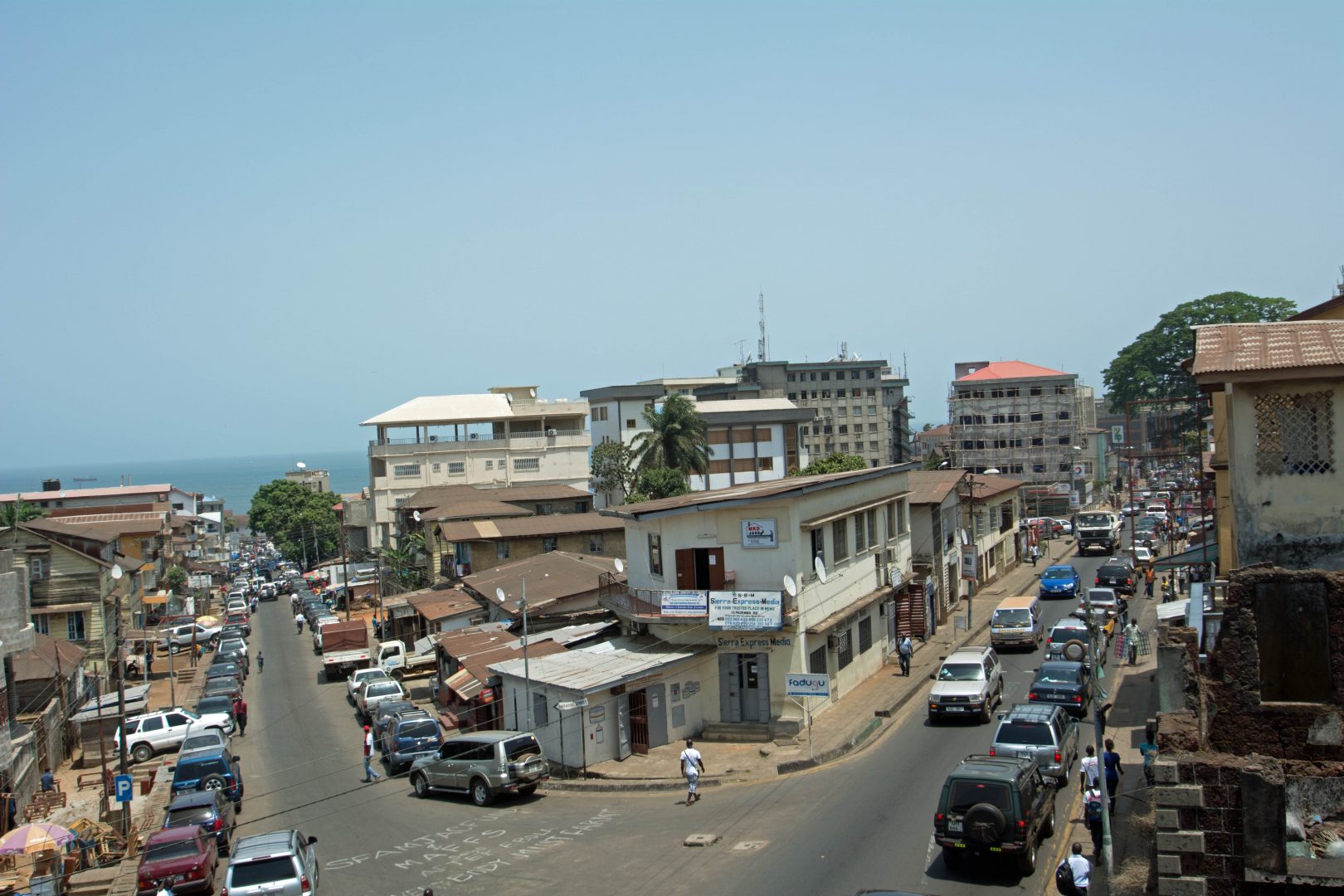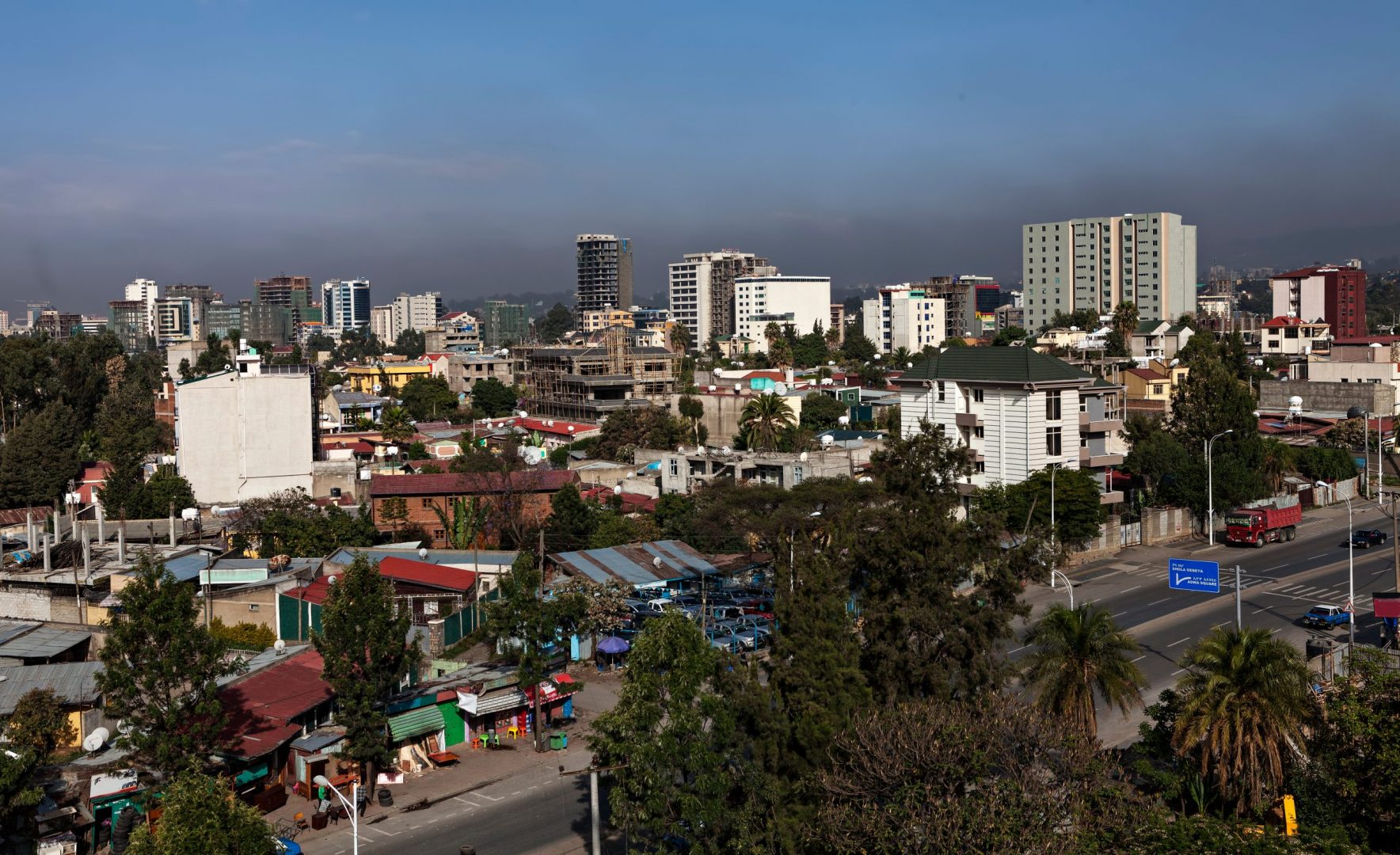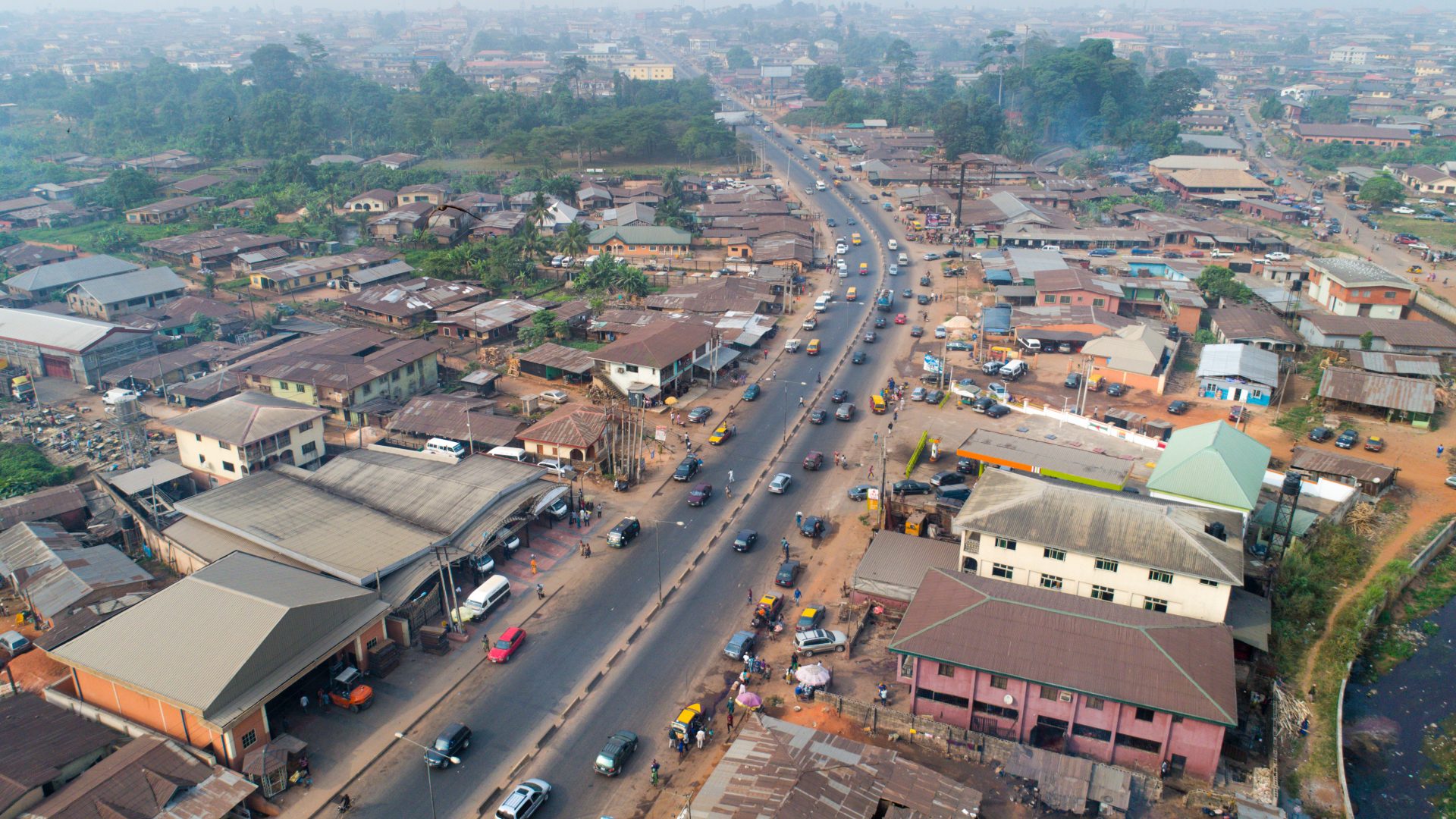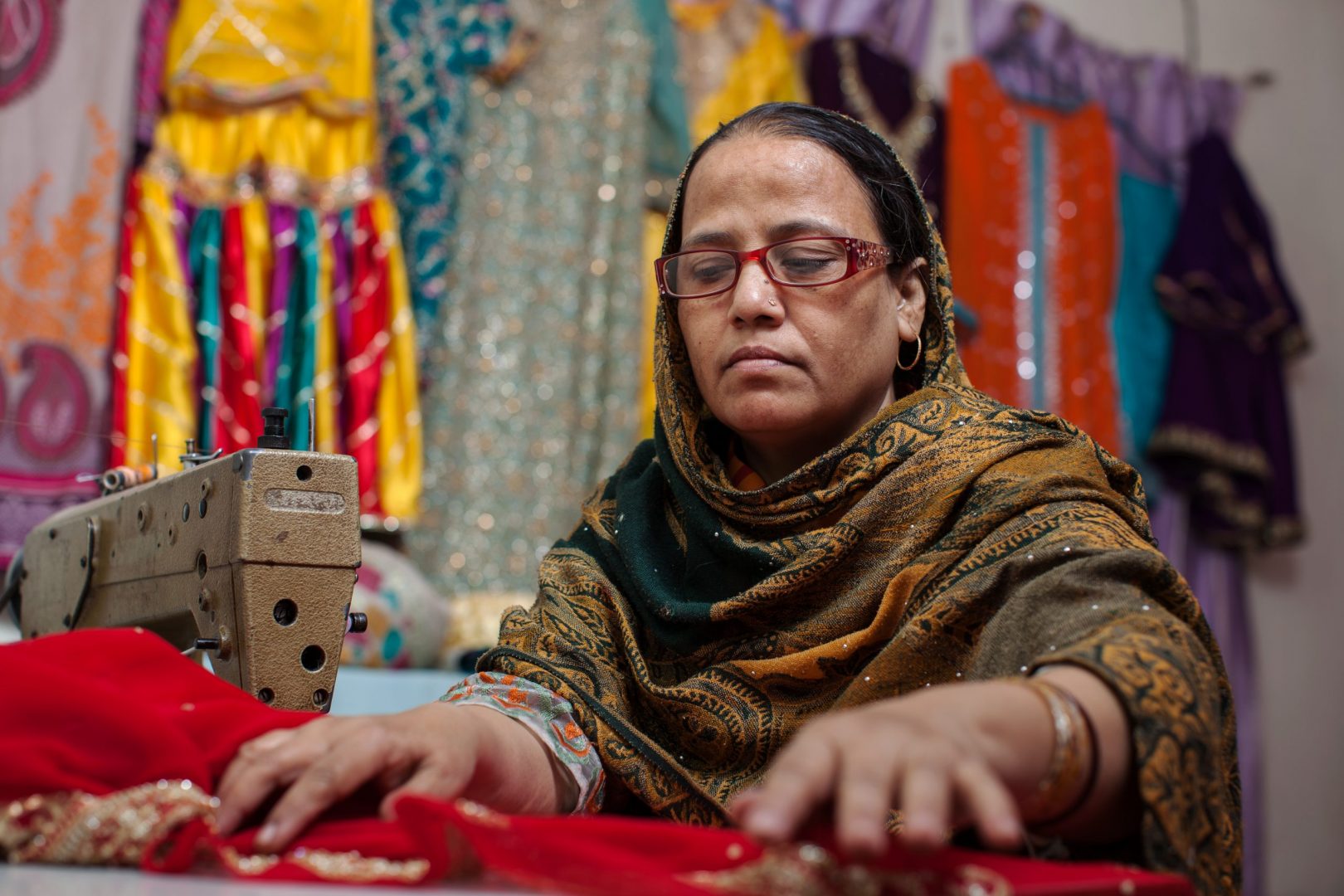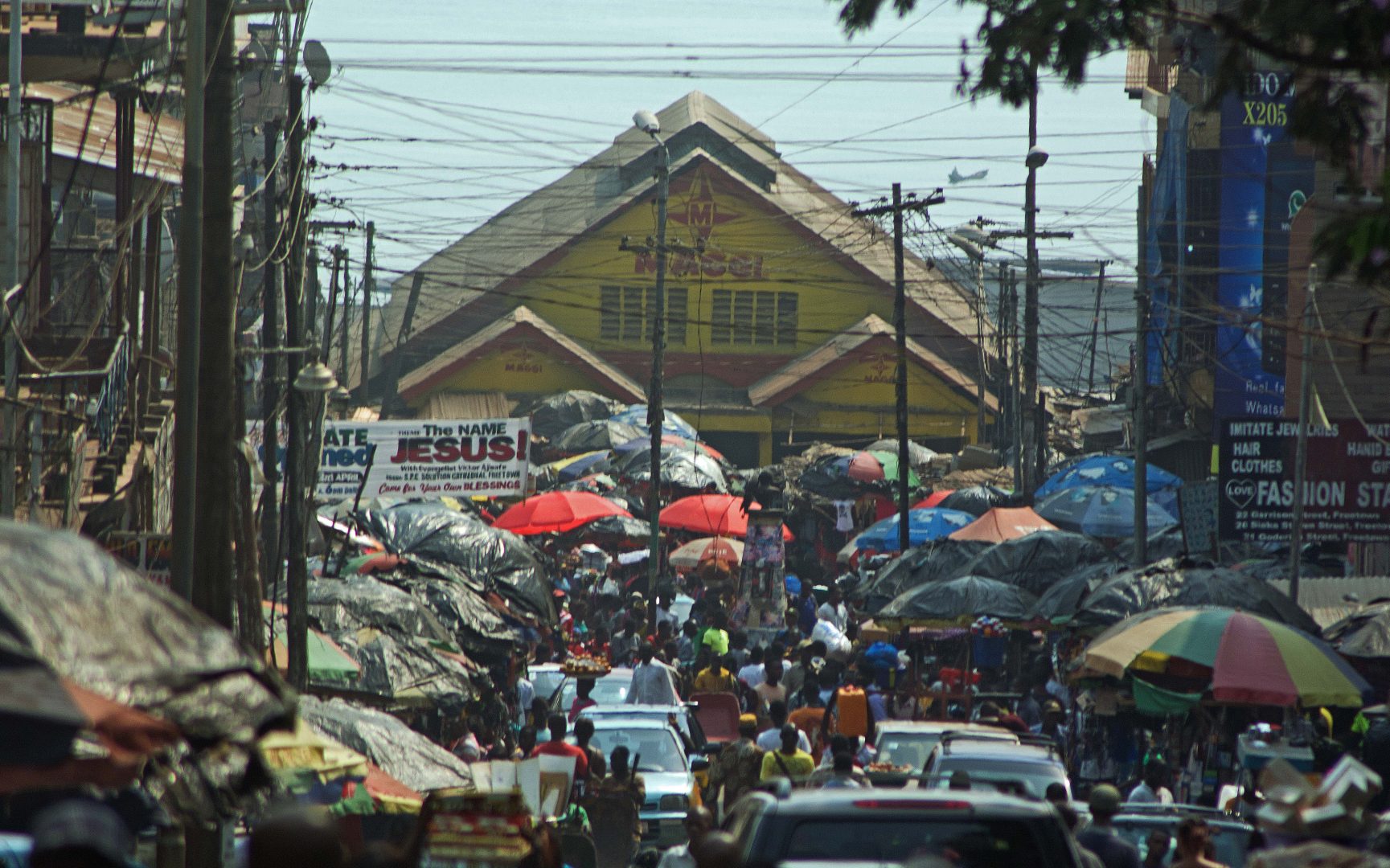Over the last thirty years, in many developing economies, poverty has fallen, people live longer and healthier lives, and economies have been transformed. But this is not the case across the board.
In his new book, “Gambling on Development: Why some countries win and others lose”, former Chief Economist at the Department for International Development, and Policy Advisor to the Foreign Secretary, Stefan Dercon, asks why some of the previously poorest countries have prospered, while others have failed. He argues that development is most likely to happen when a country’s elites want it to happen – what he calls a ‘development bargain’.
In this conversation with Stefan, we explore the implications of this thesis for the role of impact investors, including development finance institutions (DFIs), in fragile and conflict-affected countries. For example, the track record of DFIs in fragile states is mixed. Should DFIs focus on countries where a ‘development bargain’ looks likely?
